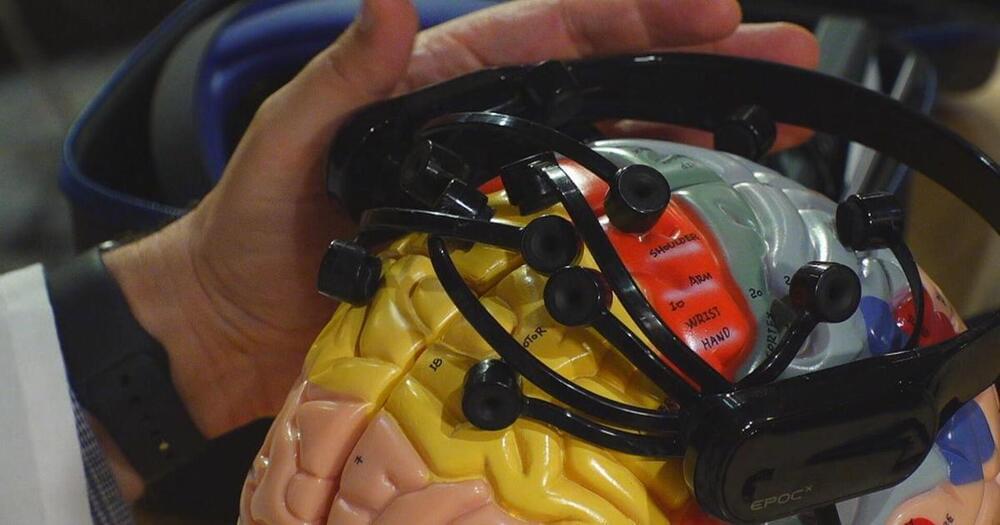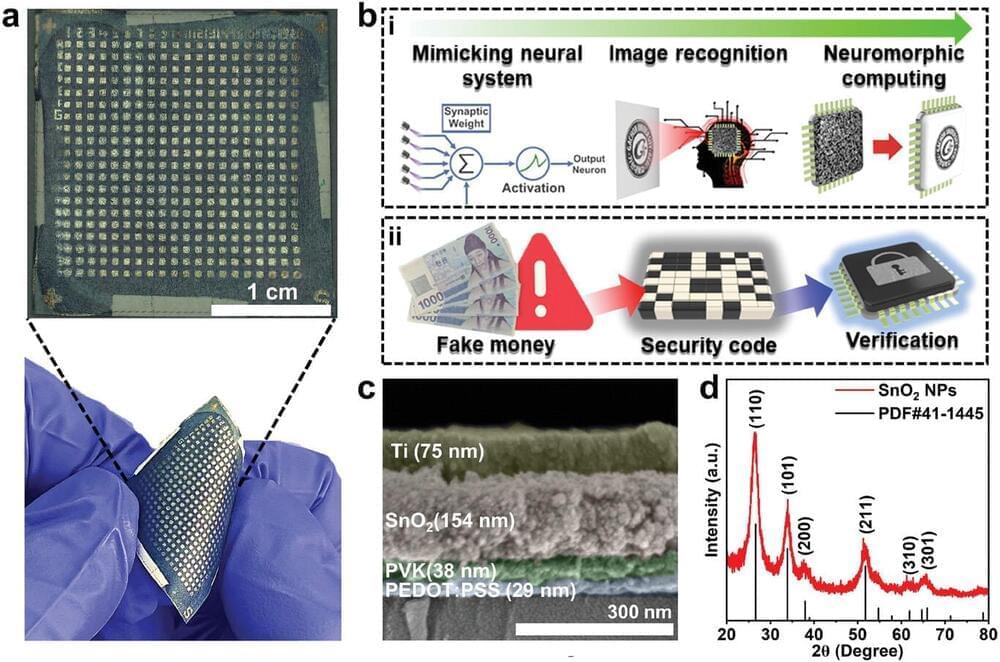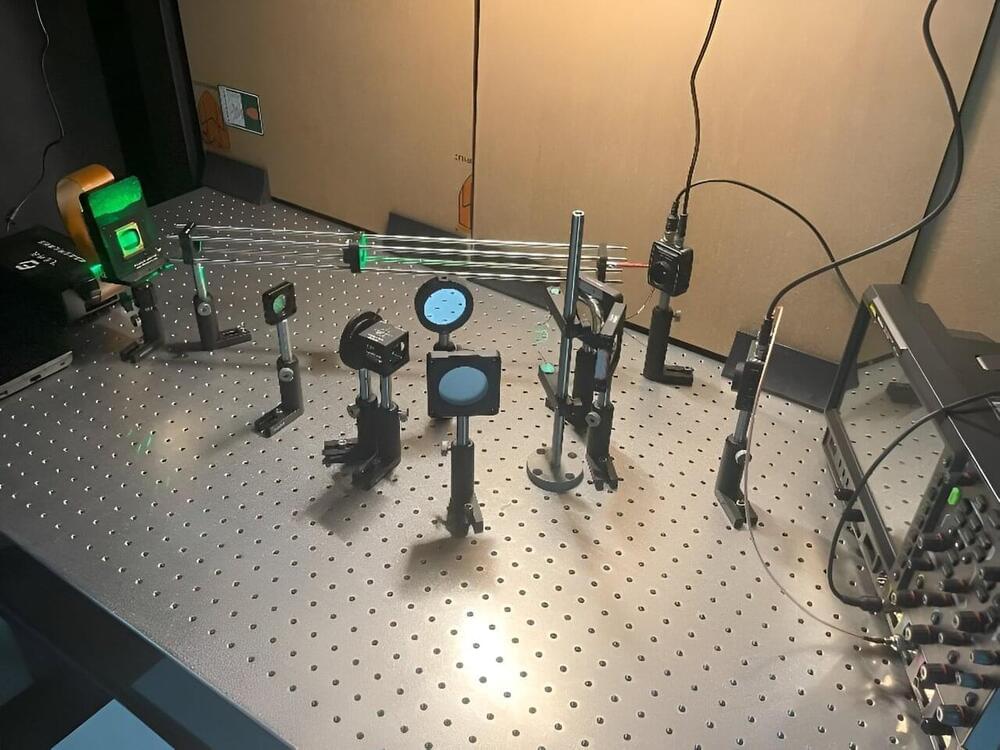The recent unprecedented success of foundation models like GPT-4 has heightened the general public’s awareness of artificial intelligence (AI) and inspired vivid discussion about its associated possibilities and threats. In March 2023, a group of technology leaders published an open letter that called for a public pause in AI development to allow time for the creation and implementation of shared safety protocols. Policymakers around the world have also responded to rapid advancements in AI technology with various regulatory efforts, including the European Union (EU) AI Act and the Hiroshima AI Process.
One of the current problems—and consequential dangers—of AI technology is its unreliability and subsequent lack of trustworthiness. In recent years, AI-based technologies have often encountered severe issues in terms of safety, security, privacy, and responsibility with respect to fairness and interpretability. Privacy violations, unfair decisions, unexplainable results, and accidents involving self-driving cars are all examples of concerning outcomes.









